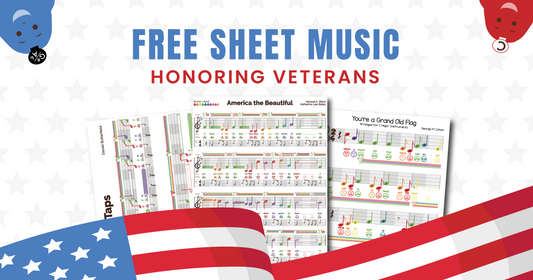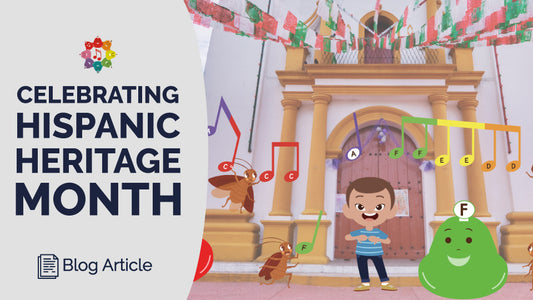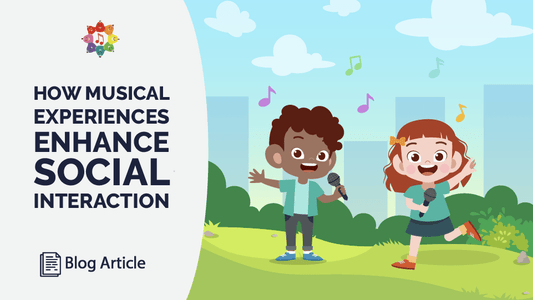
Music Appreciation

God Bless America
As the warm winds of May dance through our towns, we find ourselves in a special time of year. This month, we remember the brave people who have protected our...
God Bless America
As the warm winds of May dance through our towns, we find ourselves in a special time of year. This month, we remember the brave people who have protected our...

Free Mandalorian Sheet Music Download
Download the free Mandalorian sheet music here We're celebrating Star Wars Day with this colorful version of the Mandalorian theme song for Chromanotes instruments. For more Star Wars Music Lesson...
Free Mandalorian Sheet Music Download
Download the free Mandalorian sheet music here We're celebrating Star Wars Day with this colorful version of the Mandalorian theme song for Chromanotes instruments. For more Star Wars Music Lesson...

Free Sheet Music Honoring Veterans Day
We're honoring Veteran's Day by making all of the patriotic sheet music in our shop free. Download, print and enjoy these memorable melodies as we honor those who served. Check...
Free Sheet Music Honoring Veterans Day
We're honoring Veteran's Day by making all of the patriotic sheet music in our shop free. Download, print and enjoy these memorable melodies as we honor those who served. Check...

Music for Celebrating Hispanic Heritage Month
Hispanic Heritage Month pays tribute to generations of Hispanic Americans and their positive influence on culture and society. It's also an opportunity to trace back the global roots and recognize...
Music for Celebrating Hispanic Heritage Month
Hispanic Heritage Month pays tribute to generations of Hispanic Americans and their positive influence on culture and society. It's also an opportunity to trace back the global roots and recognize...

How Musical Experiences Enhance Social Interaction
Have you ever noticed that music has the power to alter your emotions? With just a few notes, you may feel happy, sad, thoughtful, hopeful or a myriad of other...
How Musical Experiences Enhance Social Interaction
Have you ever noticed that music has the power to alter your emotions? With just a few notes, you may feel happy, sad, thoughtful, hopeful or a myriad of other...

